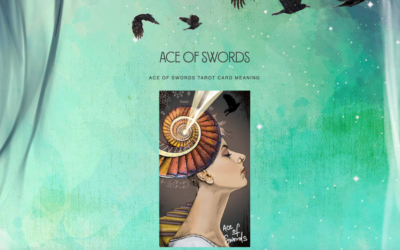Navratri begins on October 3 this year and is one of Hinduism’s most sacred festivals. The term “Navratri” literally means “nine nights,” during which devotees worship Shakti, the feminine energy of the universe. Shakti is strong, yet nurturing—a creative force that sustains and transforms life. Navratri is also marked by the worship of nine distinct forms of Shakti, collectively known as Navadurga. Each day is dedicated to one of these manifestations, starting with Shailaputri, the goddess of nature, and culminating with Siddhidatri, the goddess who grants supernatural powers. Through prayers, fasting, and vibrant cultural celebrations such as Garba and Dandiya, devotees connect deeply with the divine energy.
Wearing specific colors each day of Navratri is considered auspicious, as it enhances the spiritual connection with the goddess and aligns devotees with the divine energy. Here is a guide to the colors associated with each day of Navratri in 2024:
- Day 1 (October 3) – Pratipada: Yellow
The first day is dedicated to Shailaputri, and yellow symbolizes joy, energy, and freshness. - Day 2 (October 4) – Dwitiya: Green
This day honors Brahmacharini, representing serenity and devotion. Green is the color of renewal and growth. - Day 3 (October 5) – Tritiya: Grey
Chandraghanta, the goddess of peace and forgiveness, is worshipped on this day. Grey represents balance and calmness. - Day 4 (October 6) – Chaturthi: Orange
Orange is the color of warmth and confidence, and it’s worn to honor Kushmanda, the goddess of cosmic energy. - Day 5 (October 7) – Panchami: White
Skandamata, the mother of Kartikeya, is worshipped on this day, and white symbolizes purity, peace, and spiritual awakening. - Day 6 (October 8) – Shashti: Red
Devotees honor Katyayani, the warrior goddess, with red, a color that signifies strength, courage, and passion. - Day 7 (October 9) – Saptami: Royal Blue
Blue, a color of depth and stability, is associated with Kalaratri, the fierce and protective form of Durga. - Day 8 (October 10) – Ashtami: Pink
Worshippers wear pink, a symbol of hope, harmony, and compassion, to honor Mahagauri, the goddess of purity and tranquility. - Day 9 (October 11) – Navami: Purple
On the final day, Siddhidatri is worshipped, and purple represents ambition and power, evoking the blessings of spiritual knowledge.
Navratri is a time for inner transformation, where devotees seek to purify their minds and hearts through worship. As the nine days unfold, may the divine energy of Shakti bring strength, wisdom, and prosperity to all.
“Each color of Navratri reflects a different aspect of the goddess, inviting us to align with her divine energies. From the joy of yellow to the courage of red, the colors are not just symbolic but transformative, helping us channel strength, wisdom, and compassion in our lives.” —Maanya Kohli





